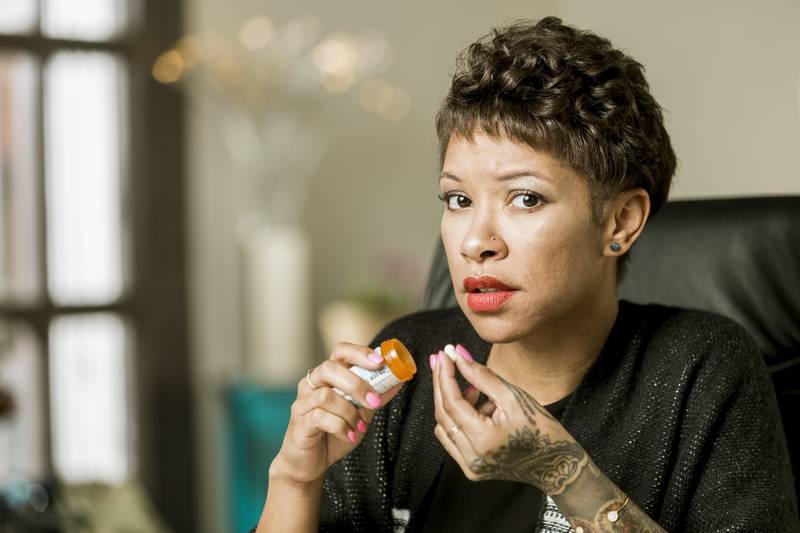With the growing accessibility to illegal substances and the like, there are many temptations for a person to get addicted to one or more vices.
Addiction is something that could affect anyone from all walks of life. It’s said that it doesn’t discriminate, yet some treatment options are available to some, whereas others may find it difficult to find the right help they badly need.
Finding the treatment that’d benefit the person with their individual needs isn’t always easy. There are many more barriers that someone with addiction problems may face for effective treatment and recovery.
Worry not. If you or your loved one is currently dealing with getting out of the cycle of addiction, here are some tips to help overcome the present treatment barriers to unlock the long road to healing and recovery:
Get The Right Treatment
It’s believed that not all treatment programs are designed the same way. Additionally, not all will focus on the specific situations one should overcome.
Finding the treatment option that’d address the unique challenges each person needs to overcome is highly recommended. Of course, not everyone has access to the resources they need, but asking for assistance from a healthcare professional or other experts with the necessary knowledge about professional help would be beneficial.
Nonetheless, if the professional doesn’t know about your background and unique challenges, they may not assist you effectively. Giving them all the information would guide them towards the best solution.
Programs specific to a certain type of addiction could offer specialized care with the right tools to help the individual get back on track living an addiction-free lifestyle.
Having the right approach is key. Lots of people are opting for a mental health intensive outpatient program because it allows them to access the help they need in a convenient and comfortable environment. For example, some forms of addiction are best treated in a residential setting, while others may be more effectively addressed by an outpatient program.

Disregard Unwarranted Negativity
Although everyone is free to offer their opinions and advice, it doesn’t mean you have to listen and take them. Treatment for an addiction is a personal matter, and no one else is going through the journey but yourself. It’s a heavy individual choice.
Recovery may take time and there will be other actors involved in the process; yet in the end, the person going through the process is the one who’ll be needing support and care. The last thing they’d welcome would be negative remarks from people around them, especially when they’re doing their best to get help.
Where the recovering person is currently isn’t where they’ll stay for long. Encouragement to complete the process and lending support throughout would assist them greatly.
Focus On Recovery
Don’t give in to distractions. Focus all energy on the recovery process to ensure that the maximum benefits are achieved.
It may be easy to fall back into old routines or habits once the recovery process has begun, yet minimizing contact to different temptations would be a good option. Stay away from persons, places, or others that may bring back reminders of the life with addiction.
Get a new hobby that involves supportive individuals, take up a team sport, find a supportive friend or partner, do anything to stay on track with the recovery goals that you’ve set from the very beginning of your fight against addiction and its ill consequences.
Overcome Fears
Treatment and recovery may cause many fears for the individual trying to set themselves free from the crutches of addiction. Fear is a normal reaction to the unknown. Nevertheless, having all the information regarding the process and support from loved ones may put them more at ease.
Other fears may include what others, such as their place of employment, family, and friends, will think. Because of the negative stigma attached to addiction, some may decide to not seek treatment out of fear.
Fear may not be the only emotion involved when thinking of the treatment options. A plethora of emotions is a big part of the existence of human beings on this planet for thousands of years. Focus on the positives instead of the negatives and find ways to assist with keeping negative emotions in check.
Being open and honest with family, friends, and co-workers would ease some tension and may even banish some fears.
Conclusion
Seeking treatment should be seen as a positive note for the individual that needs to recover from addiction. The right support and care could make all the difference for them along their journey to recovery. An individual approach to unique situations may be one of the best solutions for quality care.
Emotional support is given by a professional person like a counselor, psychologist, or psychiatrist could improve possibly difficult situations. With focused efforts to improve and overcome challenges, the way to recovery may be paved with the motivation of gaining success in the end.
